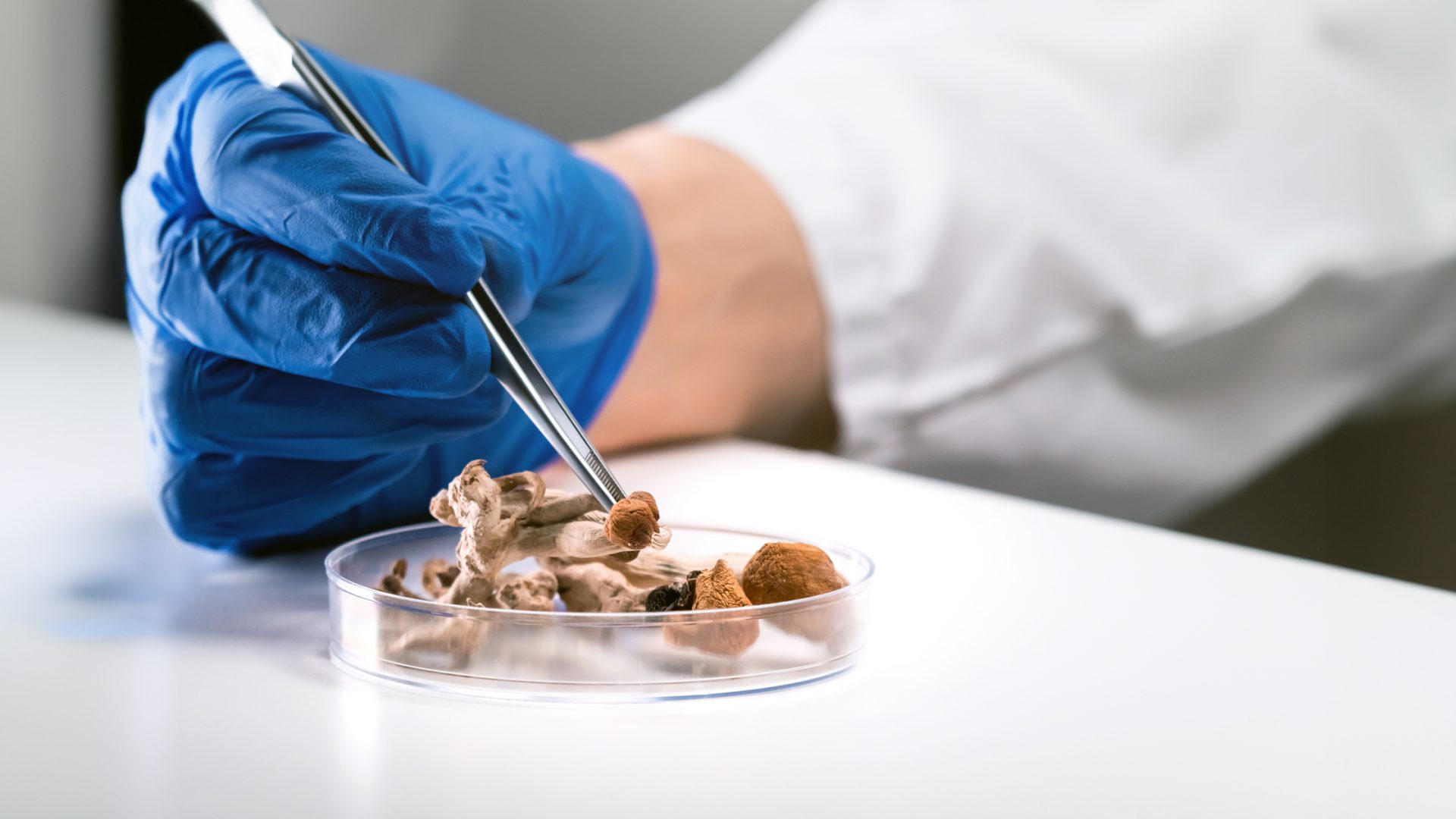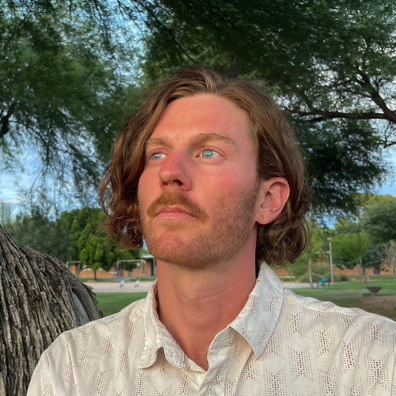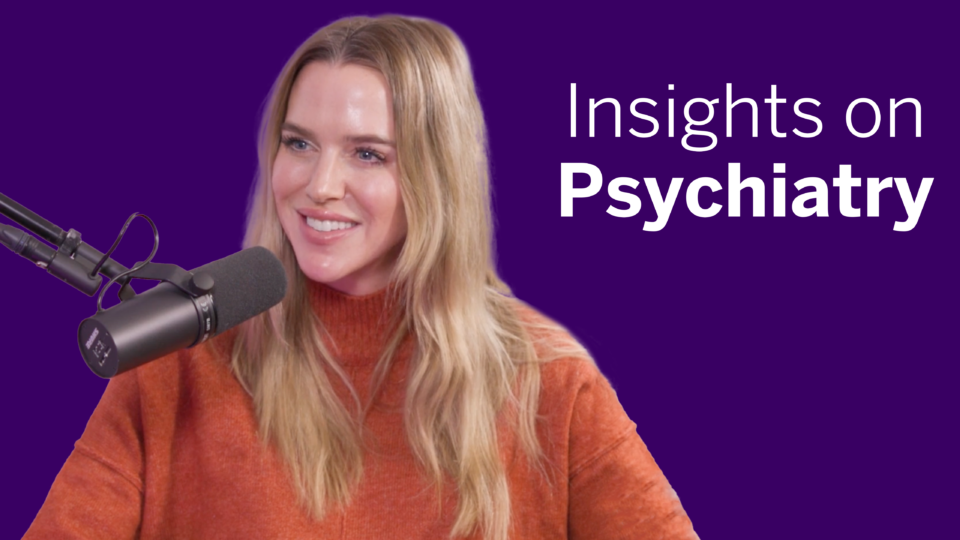A recent study published in Scientific Reports has uncovered new insights into how psilocybin, the psychoactive constituent of magic mushrooms, may modify brain function in people with alcohol use disorder (AUD).
Emerging evidence—including a first-of-its-kind double-blind placebo-controlled trial led by NYU Langone Health researchers and collaborators—has indicated that psilocybin could help sustain a reduction in alcohol consumption when paired with psychotherapy. The mechanism by which psilocybin therapy works on the brains of patients with AUD is still unclear.
Functional MRI (fMRI) has offered initial clues into psilocybin’s modulating effects in nonaddiction populations. The new study is the first to explore the neural mechanisms of psilocybin-assisted therapy in AUD, according to the authors.
“Our findings could pave the way for future hypotheses about psilocybin’s mechanism of action for disorders of addiction.”
Michael P. Bogenschutz, MD
“Our findings could pave the way for future hypotheses about psilocybin’s mechanism of action for disorders of addiction,” says Michael P. Bogenschutz, MD, director of the Center for Psychedelic Medicine, part of NYU Langone’s Department of Psychiatry.
Mapping Networks Affected by Psilocybin
The latest study was conducted within the framework of the larger double-blind, placebo-controlled trial, and led by Dr. Bogenschutz and Broc Pagni, PhD, a postdoctoral cognitive neuroscientist. The researchers collected fMRI data from 11 adult patients with AUD. Participants completed task-based blood-oxygen-level-dependent fMRI two to three days before, and one to two days after, receiving either 25 mg of psilocybin or 50 mg of diphenhydramine.
During the psilocybin session, participants were presented with images of alcoholic beverages and pictures designed to evoke positive, negative, and neutral emotional responses.
Across both alcohol and emotional cues, the researchers found that psilocybin increased activity in the medial and lateral prefrontal cortex and left caudate, and decreased activity in the insular, motor, temporal, parietal, and occipital cortices and in the cerebellum.
They also reported that in the case of positive cues, psilocybin increased participants’ right hippocampus activity and decreased left hippocampus activity. In response to negative cues, psilocybin increased activity in the supramarginal gyrus.
Interpreting the Results
According to Dr. Pagni, greater engagement of the prefrontal cortex and caudate and disengagement of the insula, motor, and cerebellar areas might suggest that psilocybin enhances executive control and diminishes craving. However, he notes that fMRI tasks that tap into these specific processes are needed to support these inferences.
He further explains that the results suggest psilocybin’s effects on neural responses are largely consistent across stimulus type—an unexpected finding.
“Consistently overlapping regions could reflect alterations to the saliency of visual stimuli, affective processing, or a general mood stabilizing effect.”
Broc Pagni, PhD
“We were expecting to see deactivation across brain regions that are hyperactive while viewing alcohol cues in AUD, but this was not the case,” says Dr. Pagni. “Consistently overlapping neural responses across the stimulus types could reflect alterations to the saliency of visual stimuli, affective processing, or a general mood-stabilizing effect.”
While the findings are intriguing, the researchers caution that these data are preliminary, and warrant replication in larger and more diverse samples before they can be accepted as generalizable.
Opportunities for Intervention
The investigators note that future research in this area holds potential to elucidate the etiology of AUD, and more broadly, identify novel neural targets to facilitate precision-based treatment for disorders of addiction.
While medications exist for AUD, the effect sizes of currently approved treatments are small and limited to specific subpopulations, Dr. Bogenschutz explains.
The team plans to conduct a larger trial with more robust analyses and end points—continuing to map the neural mechanisms of psilocybin in response to alcohol and emotional cues, but also tracking clinical outcomes over time.
“We believe this trial will address significant questions regarding psilocybin’s effects on global brain functioning,” says Dr. Bogenschutz, “and serve as a valuable resource for psilocybin-based addiction research in the future.”
Disclosures
Dr. Bogenschutz is named as inventor on patent applications relating to the use of psilocybin for AUD, but has waived all rights and has no prospect of financial benefit.







